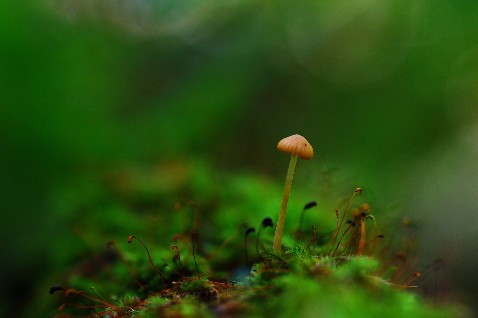Community Voices: Grief is...
/Today we are very pleased to present two more of Glow's community voices.
This first piece is by Ruby. Ruby writes: My second son Edgar died on the day he was born, 21 December 2012.
There is the ocean we went to to shake out baby ashes from a cliff-top. The ocean at the westernmost tip of Wales, a sublime spot, above a wide curving bay where his brother is digging in the sand and flying a little kite. The kite is up and down, trailing along the ground, bobbing up in the sky, hopping across the sand, tacking out above the line of the cliffs. Rising, falling, turning, falling, flapping, toddling. The boy running about is the only child visible to the eye. There’s no baby brother sleeping in our bright-blue beach tent either. His name is in the sand. I scratched it in with the child-size yellow spade meant for sandcastles. The sun is shining and the waves of the ocean are rushing onto the sands, rushing over and over, shushing my grief.
My grief is another ocean. A wilder ocean, an ocean of raging tears. So many tears left to cry, stretching out to the horizon. An ocean from which tsunamis crash over the established land and crush the buildings out of it, leaving in its wake a scene of devastation and no human in sight; there’s no-one left before that ocean. My grief is a vast, slate-grey ocean on which I’ll never come to shore.
There is the ocean we went to to shake out baby ashes from a cliff-top. And then there is the ocean of my grief.
The second piece is by Christina O'Flaherty. Christina is a psychologist and mother of two boys, with a third boy expected in April. She writes to share the experience of losing Finn, her first son, and the lessons loss has taught her.
Grief, during these last three years since I lost Finn, has been my teacher. At first, I riled and raged against him, as I did most painful experiences in my life. I fought the lessons and the process, outraged that my life had been so cruelly disrupted, but my patient teacher persisted. Sometimes stern, often compassionate, my teacher continued to gently guide me to the lessons I needed to learn in order to move forward. These were the hardest things I’d ever been asked to learn.
In fact, I confused them with punishment, which in some ways helped me to turn inward for an answer as to why this was happening to me. But, I couldn’t really be sure the lessons would serve me until, a year and three miscarriages later, I felt I had nothing left to lose. That’s when I learned to listen; to observe the lessons coming out of the chaos around me, like one of those pictures where a perfectly clear 3D image finally emerges from a mess of dots when you stare at it for long enough.
Grief’s lessons transformed me and I think that was Finn’s purpose in this world. I miss him desperately but I thank him for his legacy of lessons and love.
Where do you find yourself--right now--in this ebb and flow of grieving our children? Do you perceive a change in your grief from day to day? Month to month? Year to year? What kind of ocean are you in? What kinds of lessons are you learning?



